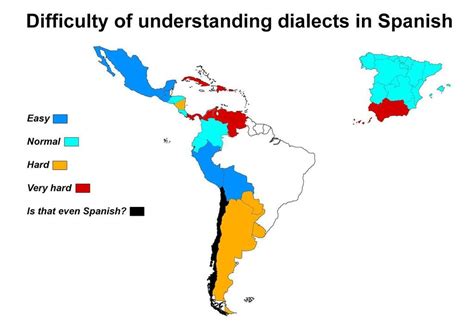In recent years, Latin America has experienced a significant surge in technological advancements, transforming the way people live, work, and interact with one another. The region has become a hub for innovation, with countries like Brazil, Mexico, and Argentina leading the way in the adoption of new technologies. As a result, it's essential to understand the tech landscape in Latin America, its trends, and its impact on the region's economy and society.
Why Understanding Tech in Latin America Matters

The Latin American region is home to over 650 million people, making it a significant market for tech companies. Understanding the region's tech landscape is crucial for businesses looking to expand their operations, for investors seeking new opportunities, and for policymakers aiming to create an environment that fosters innovation.
1. The Rise of E-commerce in Latin America
The COVID-19 pandemic has accelerated the growth of e-commerce in Latin America, with online sales increasing by over 30% in 2020. This surge in e-commerce has created new opportunities for businesses to reach customers across the region. However, it also presents challenges, such as the need for reliable logistics and secure payment systems.

2. The Growing Importance of Digital Payments
Digital payments have become increasingly popular in Latin America, with countries like Brazil and Mexico leading the way. The use of digital payment systems, such as mobile wallets and online banking, has simplified transactions and increased financial inclusion. However, the region still faces challenges, such as limited access to banking services and high transaction fees.

3. The Impact of Artificial Intelligence on Latin American Businesses
Artificial intelligence (AI) is transforming businesses in Latin America, with companies adopting AI-powered solutions to improve efficiency, reduce costs, and enhance customer experience. However, the region still faces challenges, such as limited access to AI talent and the need for regulatory frameworks that support the development of AI.

4. The Role of Cybersecurity in Latin America's Digital Economy
Cybersecurity is a critical issue in Latin America's digital economy, with companies and governments facing increasing threats from cybercrime. The region has made significant progress in recent years, with countries like Brazil and Mexico implementing new cybersecurity regulations and investing in cybersecurity infrastructure.

5. The Future of Latin America's Tech Industry
The future of Latin America's tech industry looks promising, with the region expected to experience significant growth in the coming years. The rise of e-commerce, digital payments, and AI will continue to transform businesses and society, while cybersecurity will remain a critical issue. As the region's tech industry continues to evolve, it's essential to understand the trends, challenges, and opportunities that lie ahead.






Final Thoughts
Understanding the tech landscape in Latin America is crucial for businesses, investors, and policymakers. The region's tech industry is experiencing significant growth, with e-commerce, digital payments, and AI transforming businesses and society. However, the region still faces challenges, such as cybersecurity threats and limited access to banking services. As the region's tech industry continues to evolve, it's essential to stay informed about the trends, challenges, and opportunities that lie ahead.
What is the current state of the tech industry in Latin America?
+The tech industry in Latin America is experiencing significant growth, with e-commerce, digital payments, and AI transforming businesses and society.
What are the main challenges facing the tech industry in Latin America?
+The main challenges facing the tech industry in Latin America include cybersecurity threats, limited access to banking services, and the need for regulatory frameworks that support the development of AI.
What is the future of the tech industry in Latin America?
+The future of the tech industry in Latin America looks promising, with the region expected to experience significant growth in the coming years. The rise of e-commerce, digital payments, and AI will continue to transform businesses and society.
